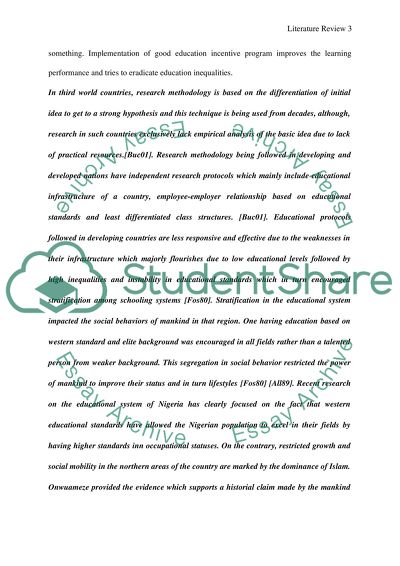Cite this document
(“Inequalities and Incentives in the Nigerian Education System Literature review”, n.d.)
Retrieved from https://studentshare.org/education/1671784-inequalities-and-incentives-in-the-nigerian-education-system
Retrieved from https://studentshare.org/education/1671784-inequalities-and-incentives-in-the-nigerian-education-system
(Inequalities and Incentives in the Nigerian Education System Literature Review)
https://studentshare.org/education/1671784-inequalities-and-incentives-in-the-nigerian-education-system.
https://studentshare.org/education/1671784-inequalities-and-incentives-in-the-nigerian-education-system.
“Inequalities and Incentives in the Nigerian Education System Literature Review”, n.d. https://studentshare.org/education/1671784-inequalities-and-incentives-in-the-nigerian-education-system.


